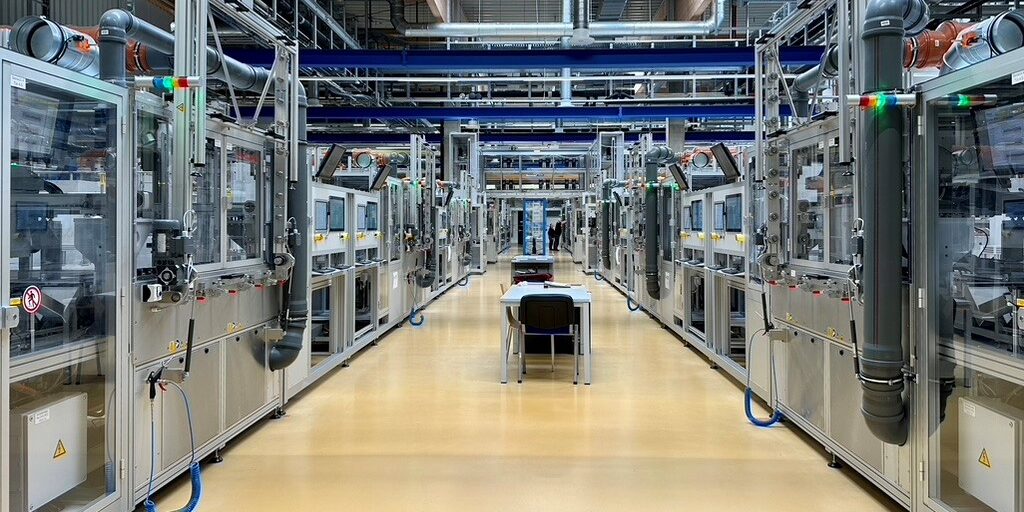From pv magazine Germany
Meyer Burger Technology AG and Solestial Inc. have entered into a strategic partnership to produce next-generation, ultra-thin silicon solar cells for use in space travel, the companies announced on Monday.
“The partnership will revolutionize space solar power by enabling Solestial to deliver ultra-thin, reliable, radiation-hardened cells and modules at unprecedented scale,” they added.
The companies plan to combine the radiation-resistant solar cells and flexible modules developed by Solestial, which are optimized for long-term performance under space conditions, with Meyer Burger's heterojunction technology. Solestial's proprietary metallization process and cosmic radiation damage reduction technologies will be used to create solar cells that offer the efficiency and reliability required for operation in orbit.
Solestial will supply its ultra-thin, radiation-hardened silicon wafers to Meyer Burger. The Swiss PV company will then process them using its heterojunction technology and send them back to Solestial's production site in Tempe, Arizona, for metallization, completion and integration into flexible solar modules.
The cooperation will enable Solestial to supply enough solar modules to equip hundreds of spacecraft annually from the middle of next year. Production is scheduled to start on September 1, 2024.
“Meyer Burger stretches into industries that need our proprietary know-how and advanced technologies,” said Meyer Burger CEO Gunter Erfurt. “By excelling at every stage of product development, we help companies like Solestial scale, and support them as they grow.”
This content is protected by copyright and may not be reused. If you want to cooperate with us and would like to reuse some of our content, please contact: editors@pv-magazine.com.




By submitting this form you agree to pv magazine using your data for the purposes of publishing your comment.
Your personal data will only be disclosed or otherwise transmitted to third parties for the purposes of spam filtering or if this is necessary for technical maintenance of the website. Any other transfer to third parties will not take place unless this is justified on the basis of applicable data protection regulations or if pv magazine is legally obliged to do so.
You may revoke this consent at any time with effect for the future, in which case your personal data will be deleted immediately. Otherwise, your data will be deleted if pv magazine has processed your request or the purpose of data storage is fulfilled.
Further information on data privacy can be found in our Data Protection Policy.